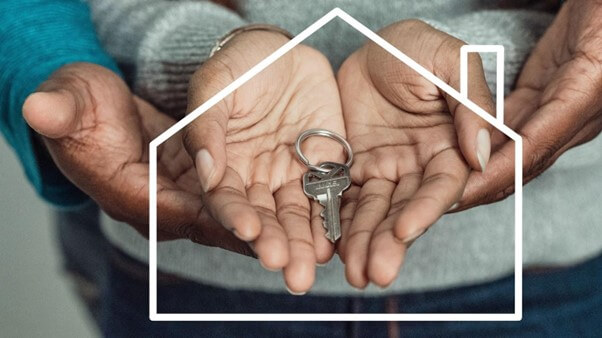Saving enough money to buy a home takes time and effort. Yet, with an effective savings strategy, anyone can save enough for a down payment on their d
Saving enough money to buy a home takes time and effort. Yet, with an effective savings strategy, anyone can save enough for a down payment on their dream house. You may be getting closer to having enough money for a down payment without realizing it. If not, use a few basic tricks to make saving for a home easier.
First-time home buyers usually have a small budget, so they seek the advice of experts on how to manage their money. Nonetheless, obtaining a mortgage is still possible for everyone.
Essential Steps To Keep In Mind When Creating A Budget For Your Dream House
Calculate Your Mortgage Repayments
Before creating your budget for saving up for your future house, you must identify how much you would be paying the mortgage company. You can calculate your payables by determining mortgage repayments. The results will let you know how much you may have to set aside every month.
The most frequent fixed-rate mortgage lengths are 30 years and 15 years. Multiply the number of years by 12 to determine the monthly payments you must make (number of months in a year).
A 30-year mortgage would need 360 monthly payments, but a 15-year mortgage would require exactly half that number or 180 monthly payments.
Create And Stick To Your Budget
Making and sticking to a budget is one of the most effective money-saving strategies. Determine how much money you have coming in each month and how much you can afford to spend on necessities such as rent, food, and bills.
Planning your dream home could be daunting; you might have to be strict with your spending and evaluate where to save money, even if it’s only a few monthly dollars; this ranges from eating out less frequently to cancelling subscriptions you no longer need.
Select A House You Can Handle
When determining the affordability of a home, first-time purchasers must examine the property’s condition and size. After all, big is only sometimes better, especially considering the budget. A charming house on a gorgeous hill may be a dream come true, but working that long, steep road during the winter months may be an expensive nightmare.
Adjust Your Expenses
You may make any necessary adjustments now that you’ve documented your income and expenditures so that you spend your money wisely and have money to save for your goals.
You can make initial cuts in the area of your “wants.” They can become expensive if compounded monthly. Can’t you skip movie night at the theatre in favour of enjoying a movie at home? Cutting on eat-outs and fare or fuel expenses can save you money for your first home budget.
Look at your monthly payments and payables if you’ve already adjusted your spending on wants. You may have saved more funds than you thought.
Look For More Options
Look for a house and lot that meets your budget rather than settling for what you see in the ads. You should conduct extensive study to expose yourself to a wide range of possibilities from which to pick. Having a lot of options means you may have a Plan B.
Finding your first bet to be an unreasonable choice after your thorough evaluation, you can quickly shift your focus to the next on your list. It’ll help you avoid going through the house and lot search process again.
Learn To Invest
Only spend if you earn a bonus at work, a tax refund, or any other unexpected cash. Put the money into your home-buying account. Consider saving funds on facilities that pay interest so your money grows over time. But it’s tempting to withdraw extra cash.
In that case, request your bank for an account and investment facility that automatically restricts access to avoid unnecessary withdrawal temptations.
The Bottom Line
Homeownership is everyone’s dream, but it may rapidly become a nightmare if you fail to calculate your purchase and develop a sound financial plan. First-time purchasers, in particular, have many desires, sometimes more than they can handle.
Home buyers must ensure that the property they buy is affordable by taking into account more than simply the monthly mortgage payment. You might also find the links in this article beneficial as you go through the “budgeting and sticking to it” part before buying your first home.



















































































































COMMENTS